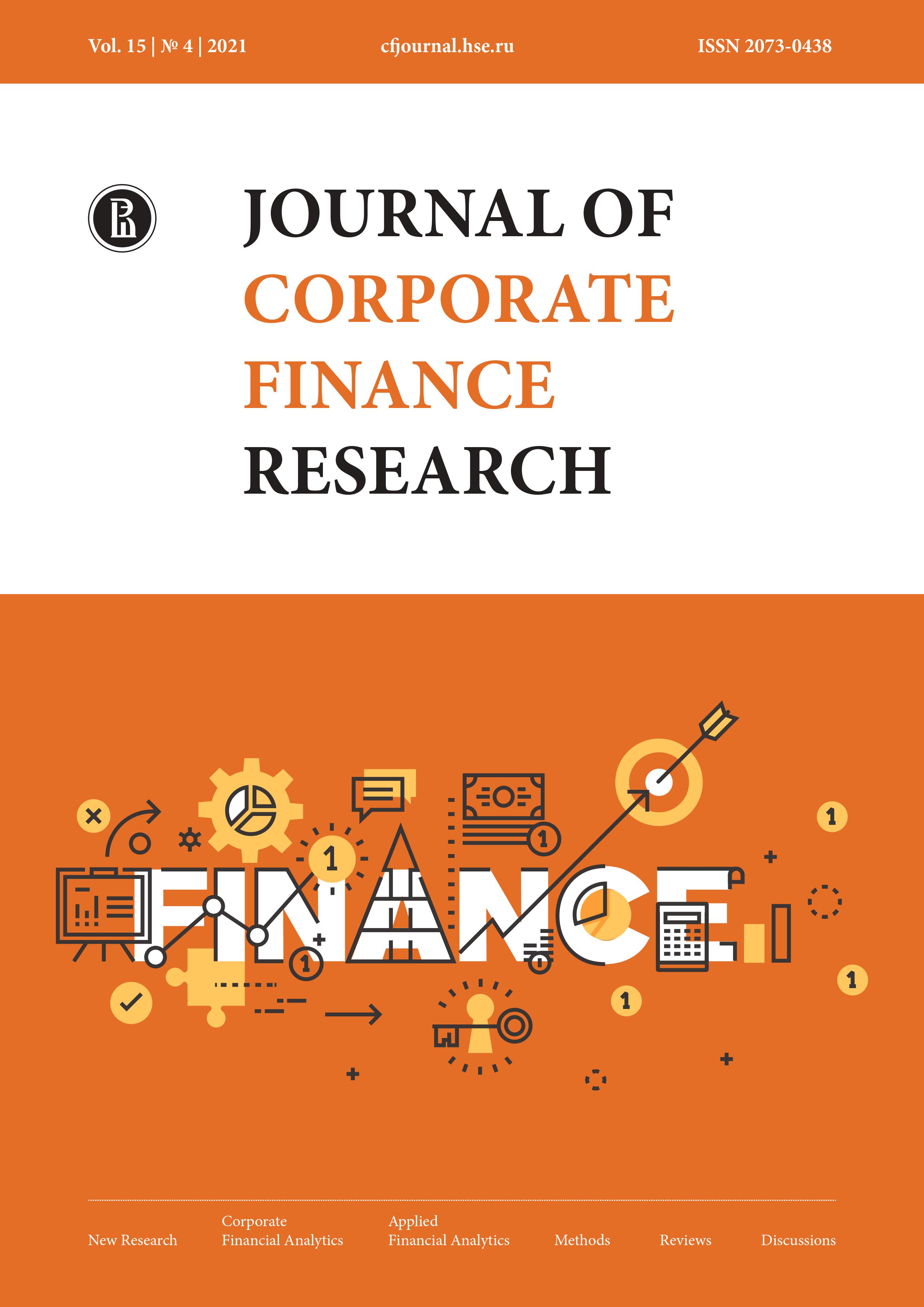Corporate Governance and Risk Disclosure in Emerging Countries
Abstract
The study examines the influence of corporate governance attributes on the corporate risk disclosure in the emerging countries. Board size, non-executive directors, independent directors, board diversity and CEO-duality are the important board of director’s composition that is considered as corporate governance variables for this study. The study focuses on South Africa and Nigeria as these countries are among major players in the African emerging market. The sample comprises 42 financial and non-financial firms listed in Nigerian Stock Exchange and Johannesburg Stock Exchange. The data was drawn from 192 annual reports for the year 2014–2018. The analytical tools employed are manual content analysis and regression. The empirical results show that operational risk disclosure outweighs environmental and strategic risk disclosure. Meanwhile, past information, non-monetary and good news are considered less relevant, however dominate
future, monetary and bad news which are more valuable to diverse stakeholders. Moreover, in considering the important factors that impact on the risk confession, that board size, independent director and diversity have greater influence in driving the risk disclosure upward. Nevertheless, non-executive director and CEO-Duality are statistically insignificant in determining the movement of risk information to divulge. The persistence of contemporary corporate risk practice jampacked with irrelevant information might promote greater agency cost. The implication for the current practice might increase investors’ uncertainty which in turn would raise the company cost of capital. This issue could be addressed by regulating risk disclosure in emerging countries instead of allowing corporate managers to report risk related information at their discretion. Corporate manager are also encourage to appreciate all the potential risk disclosure drivers in the African emerging countries.

